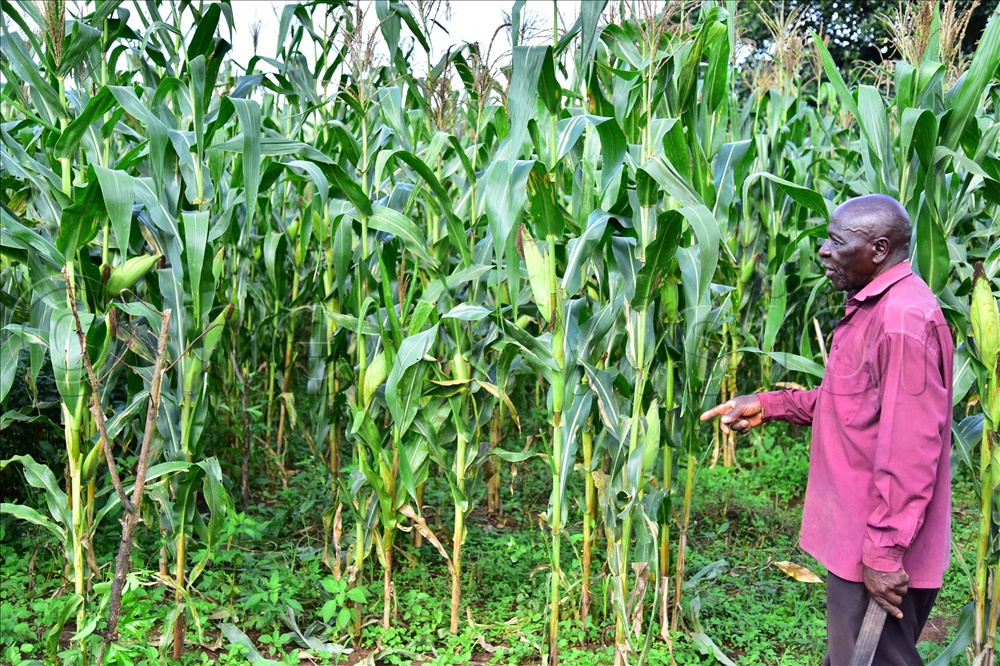Africa remains one of the most food-insecure continents in the world, a paradox given its vast arable land and favourable climatic conditions.
Even countries like Uganda, often described as a potential food basket for the region, continue to grapple with food shortages and unpredictable harvests.
The root causes lie in a mixture of outdated farming practices and increasing dependence on erratic weather patterns.
Across the Ugandan countryside, many farmers still rely on traditional rain-fed agriculture. But as climate change takes a toll, the rains no longer come when expected.
The result is a heartbreaking cycle, fields are either parched or flooded, seeds go to waste, and families slide further into poverty and food insecurity.
Professor John Kaddu, a renowned researcher and veteran climate change negotiator, explains that climate change is no longer a distant threat, it is here and now, affecting millions of farmers across the continent.
“We cannot continue treating farming as a gamble with the clouds,” he says.
“We must invest in systems that allow farmers to take control of their production cycles, regardless of whether the rain falls or not.”
Kaddu emphasises the need for climate change adaptation measures that support smallholder farmers. “Irrigation, drought-resistant crop varieties, early warning systems, and farmer education should be prioritised,” he stresses.
“With the right information and tools, farmers can plan better and break free from the bondage of unpredictable weather.”

Ronald Lotet, a senior environment officer in Mubende, shares similar sentiments.
“We are seeing more frequent droughts and floods, and these are devastating communities that rely entirely on agriculture,” he says.
Lotet points out that many farmers are beginning to embrace water harvesting techniques and tree planting as buffers against climate shocks, but the uptake remains slow due to limited resources and knowledge gaps.
“We cannot keep doing things the same way and expect different results,” he says.
“We need to support farmers with access to affordable irrigation systems and guide them on how to manage water efficiently.”
Experts agree that agricultural resilience is key to ensuring food security, reducing poverty, and improving livelihoods across Africa. Governments, NGOs, and the private sector must come together to invest in climate-smart agriculture.
Many have grown up watching their parents and grandparents depend on the rains, and breaking that cycle requires demonstration and education. Community-based trainings, farmer field schools, and access to climate information services can play a transformative role.
As Uganda seeks to fulfill its promise as a regional food hub, the future of agriculture must be anchored on sustainability, innovation, and resilience. Farmers should not be left to dance to the tune of an increasingly hostile climate. Instead, they must be empowered to stand tall, adapt, and thrive, rain or shine.





